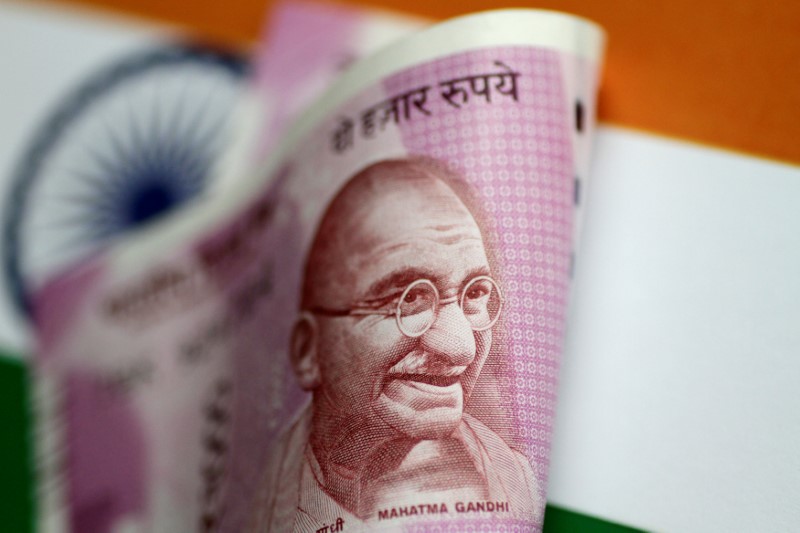India's economy continues to demonstrate resilience in the face of significant global challenges, according to the World Bank's latest India Development Update (IDU), released on Tuesday. The IDU, a semi-annual report on the Indian economy, highlighted that despite an adverse global environment, India was one of the fastest-growing major economies in FY22/23, with a growth rate of 7.2%. This rate was the second highest among G20 countries and nearly twice the average for emerging market economies.
The robust growth has been attributed to strong domestic demand, substantial public infrastructure investment, and a strengthening financial sector. Bank credit growth rose to 15.8% in the first quarter of FY23/24, up from 13.3% in the same period last fiscal year.
However, the World Bank forecasts India's GDP growth for FY23/24 to be at 6.3%, a moderation mainly due to challenging external conditions and diminishing pent-up demand. Despite this anticipated slowdown, service sector activity is projected to remain strong with growth of 7.4%, and investment growth is also expected to stay robust at 8.9%.
"An adverse global environment will continue to pose challenges in the short-term," said Auguste Tano Kouame, World Bank's Country Director in India. He emphasized that public spending that encourages more private investments could create favorable conditions for India to seize global opportunities in the future and thus achieve higher growth.
Recent months have seen a surge in inflation due to adverse weather conditions, with headline inflation rising to 7.8% in July owing to an increase in food prices such as wheat and rice. The World Bank expects inflation to decrease gradually as food prices normalize and government measures increase the supply of key commodities.
"While the spike in headline inflation may temporarily constrain consumption, we project a moderation. Overall conditions will remain conducive for private investment,” said Dhruv Sharma, Senior Economist, World Bank, and lead author of the report.
The World Bank anticipates fiscal consolidation to continue in FY23/24 with the central government fiscal deficit projected to decline from 6.4% to 5.9% of GDP. Public debt is expected to stabilize at 83% of GDP. On the external front, the current account deficit is projected to narrow to 1.4% of GDP, which will be adequately financed by foreign investment flows and supported by large foreign reserves.
This article was generated with the support of AI and reviewed by an editor. For more information see our T&C.
